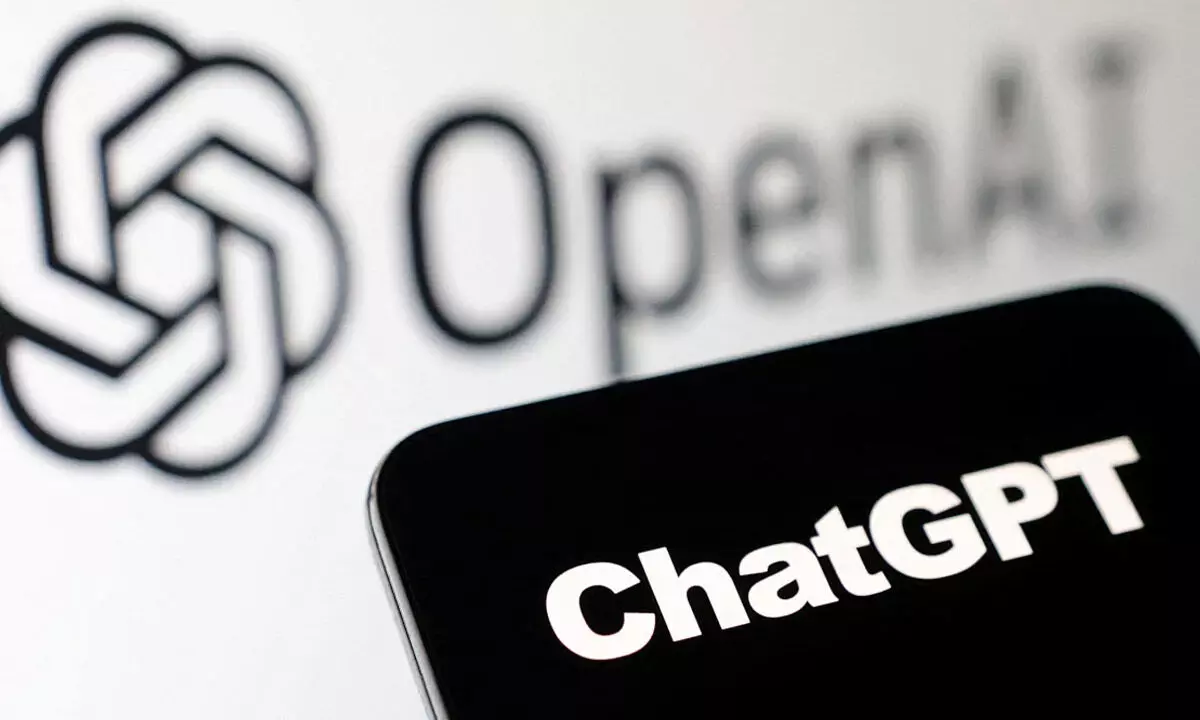Which AI search engine will triumph? ChatGPT or Bard?

ChatGPT
The clash of the conversational AI agents on cards now; ChatGPT working on GPT3, whereas Bard focuses on LaMDA language model
It all started when a relatively quiet silicon-valley-based company, OpenAI, launched a new online product called 'ChatGPT' a few months ago. ChatGPT is a language chatbot based on Artificial Intelligence that can engage users in conversational interactions. The AI technology is proficient in performing various natural language processing (NLP) tasks such as text summarization, language translations, and question answering, just like a real human being. ChatGPT has quickly become the talk of the town. On November 30, 2022, OpenAI unveiled ChatGPT, which amassed 1 million users in just five days. The language model's ability to generate coherent and relevant writing has earned it widespread acclaim. ChatGPT has also set a new record as the quickest conversational AI agent to rech 100 million users in just two months. What we see here is 'History is being made'. ChatGPT and the rise of consumerization in AI have paved the way for the emergence of consumer AI. This area holds immense potential for unleashing a wave of AI-based applications and intuitive, user-friendly interfaces that personalize the AI experience for common people. This moment in time is called out by many as something similar to the launch of the Netscape browser in 1994, which opened the door to the Internet for billions of people around the world.
The tremendous popularity of ChatGPT may hold significant value for OpenAI, a company co-founded by Sam Altman and Elon Musk. Just two months following the release of ChatGPT, OpenAI considered the sale of its existing shares in a tender offer, which valued the company at around $29 billion and ranked it among the world's most valuable startups. In January 2023, Microsoft announced it would invest $10 billion in OpenAI. The tech giant could use the technology to revitalize Microsoft's Bing search engine. One vision for the future of chatbots is that they can provide a single definitive response to a search query rather than an extensive list of website links. Microsoft's move toward ChatGPT-based search was a direct threat to the Google search engine. Within weeks after that, Google unveiled its chatbot to directly rival ChatGPT, called the 'Bard'.
You have to realize that ChatGPT uses transformer architecture that is pre-trained in this self-supervised manner. Transformer was an original Google invention, unveiled by Google in 2017, which has become the basis for a vast array of language programs, including GPT-3.
To compare both the platforms:
l Bard and Chat GPT are language-based conversational AI models, but their design and intended use differ by some.
l ChatGPT is working on GPT3, whereas Bard focuses on the LaMDA language model. Where the two chatbots get their knowledge from is a significant difference.
l Bard will leverage existing online resources to create its content, including data and sources. With access to the most current information, Bard can provide up-to-the-minute insights, while ChatGPT's knowledge is limited to events that lead up to 2021.
l Google's LaMDA model will require less server capacity than OpenAI's GPT 3.5 architecture. Therefore, Bard AI could accommodate more users compared to Chat GPT.
l Bard is offered free and yet to be available to the general public. In contrast, Chat GPT has a free and premium option for $20/month.
l Bard is able to distil complex subjects into digestible, chitchat-worthy chunks. The goal is to spread knowledge more widely in a clear manner that can encourage learning in everyone, including kids.
l ChatGPT uses this language model to formulate responses to user queries.
Popular AI-generated content for ChatGPT includes the following:
l Software code and product descriptions
l blog posts and email drafts
l summaries of transcripts, meetings and podcasts
l translations, jokes or memes and poems
l Social media posts
l Law briefs
Shortly, an AI battle will occur, and it remains to be seen which AI search engine will eventually triumph.
Generative AI alternatives
Various other AI content generators are presently available, including ChatSonic, Jasper AI, OpenAssistant, and Wordtune, with multiple startups engaged in developing their own projects. In China, Baidu's search engine is incorporating AI into its Ernie Bot application.
Similar to the Internet or dotcom boom of 1999-2001, we are witnessing an influx of AI applications being built on OpenAI and other AI platforms, which, while offering significant utility, are still exploring revenue models.
Gartner has forecasted that generative AI will generate 10 per cent of all data by 2025, up from its current share of less than 1 per cent, and account for 20 per cent of all consumer-facing test data. By 2027, around 30 per cent of manufacturers are expected to leverage generative AI to enhance their product development capabilities.
It is apparent that AI has come to stay, and corporations are poised to leverage it to expand, strengthen, and sustain their organizations. It represents a new trend that is expected to produce a substantial ripple effect across all sectors of human endeavour.
(The author is the Chairman and CEO of Brightcom Group)

